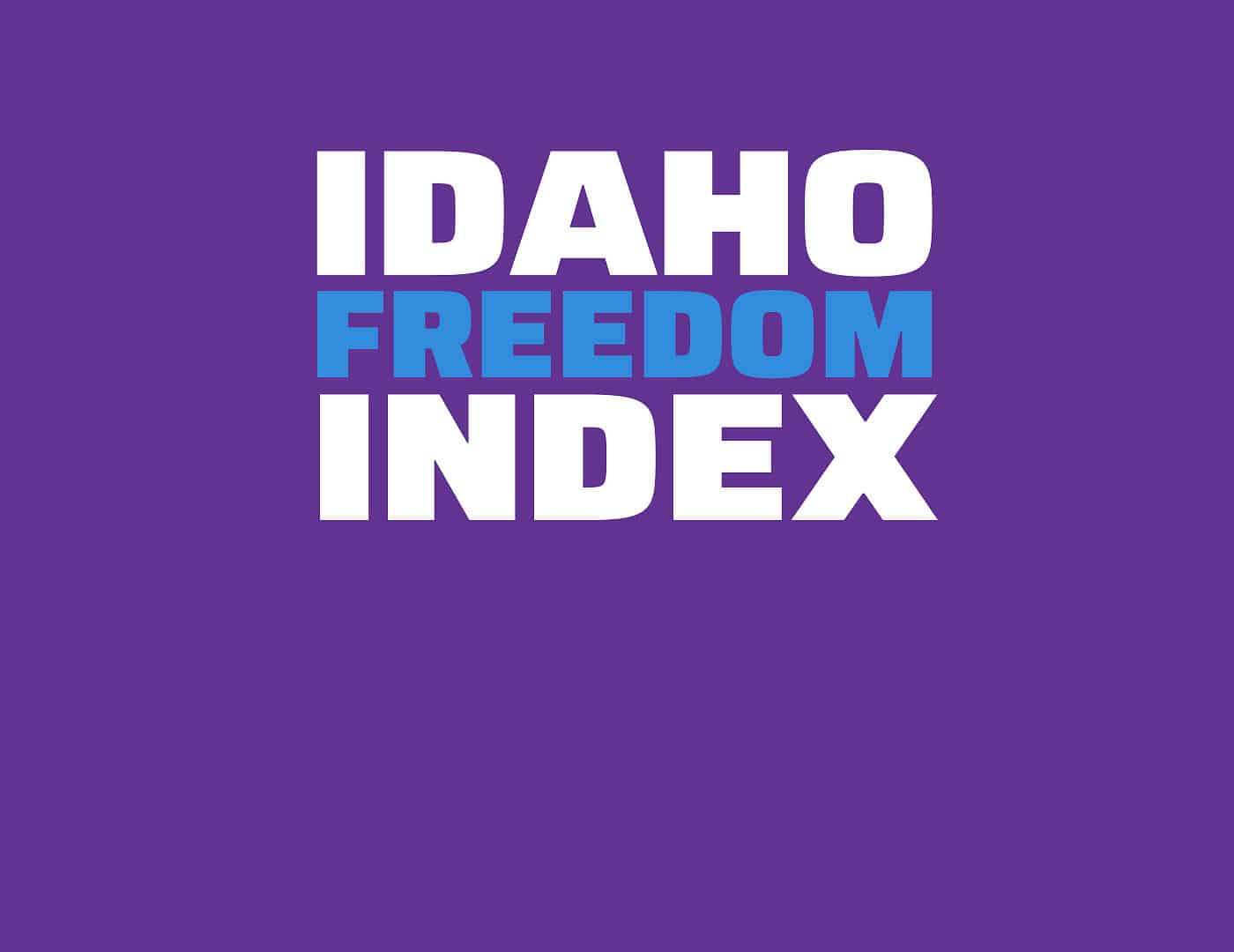


Bill Description: Senate Bill 1186 would double the fee to file to run for president, move the filing deadline to earlier in the year, and require political parties to inform the secretary of state in November if they intend to hold a presidential primary the following May.
Rating: -3
NOTE: According to its Statement of Purpose, Senate Bill 1186 is a trailer bill to House Bill 138, which would eliminate the March presidential primary in Idaho. The analysis of Senate Bill 1186 is predicated on the passage of House Bill 138, which would, among other things, move the filing deadline for the presidential primary to mid-March to align with the filing deadline for other offices on the May primary election ballot. House Bill 138 would also repeal several sections of Idaho code, including one containing language similar to that added by Senate Bill 1186 regarding the November notification requirement, as discussed in the analysis below. Given that this language would be removed by the passage of House Bill 138, Senate Bill 1186 provides an opportunity to reevaluate the impact and appropriateness of this provision.
Does it directly or indirectly create or increase any taxes, fees, or other assessments? Conversely, does it eliminate or reduce any taxes, fees, or other assessments?
Senate Bill 1186 would amend Section 34-606, Idaho Code, to require that "for the primary election, any candidate for a political party participating in the nomination for president of the United States shall file a declaration of candidacy with the secretary of state and pay a filing fee of two thousand dollars ($2,000), by the last Friday in January preceding the primary election."
The current fee for such a filing is $1,000.
(-1)
Does it in any way restrict public access to information related to government activity or otherwise compromise government transparency, accountability, or election integrity? Conversely, does it increase public access to information related to government activity or increase government transparency, accountability, or election integrity?
The new language that Senate Bill 1186 would add to Section 34-606, Idaho Code, not only doubles the filing fee, it moves the filing deadline back from mid-March to late January. This change reduces the time that individuals have to make the decision and raise the money necessary to run for president.
The ability of citizens to seek elected office is an important check on government overreach and one of the most important tools available to hold lawmakers and other elected officials accountable. Moving the primary election filing date to earlier in the year reduces this opportunity and the accountability it affords.
(-1)
Senate Bill 1186 would add an additional subsection to Section 34-606, Idaho Code, which would say, "Participation in a primary for president of the United States by a political party shall be optional, and nothing in this title shall be construed to mandate a party's participation in a presidential primary. Any party that intends to participate in the nomination of president shall notify the secretary of state's office no later than the last Tuesday in November prior to the primary."
Notifying the secretary of state's office months in advance of the filing deadline could be impractical or even impossible for a smaller political party.
Whether a primary election will be needed for a political party depends entirely on if more than one candidate affiliated with that party files to run for the same office. While the party may be aware of some prospective candidates' intentions, there is no requirement that candidates or prospective candidates inform the party of their intentions to run or even that they be affiliated with the party prior to filing.
While it is common for candidates seeking the presidency to announce early and begin campaigning before the last Tuesday in November before an election, smaller political parties may not have the same process and they may not yet know if they will need a primary election.
(-1)


